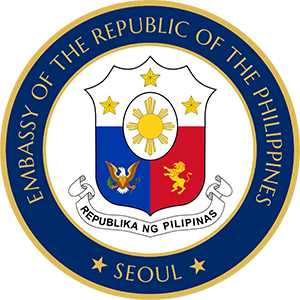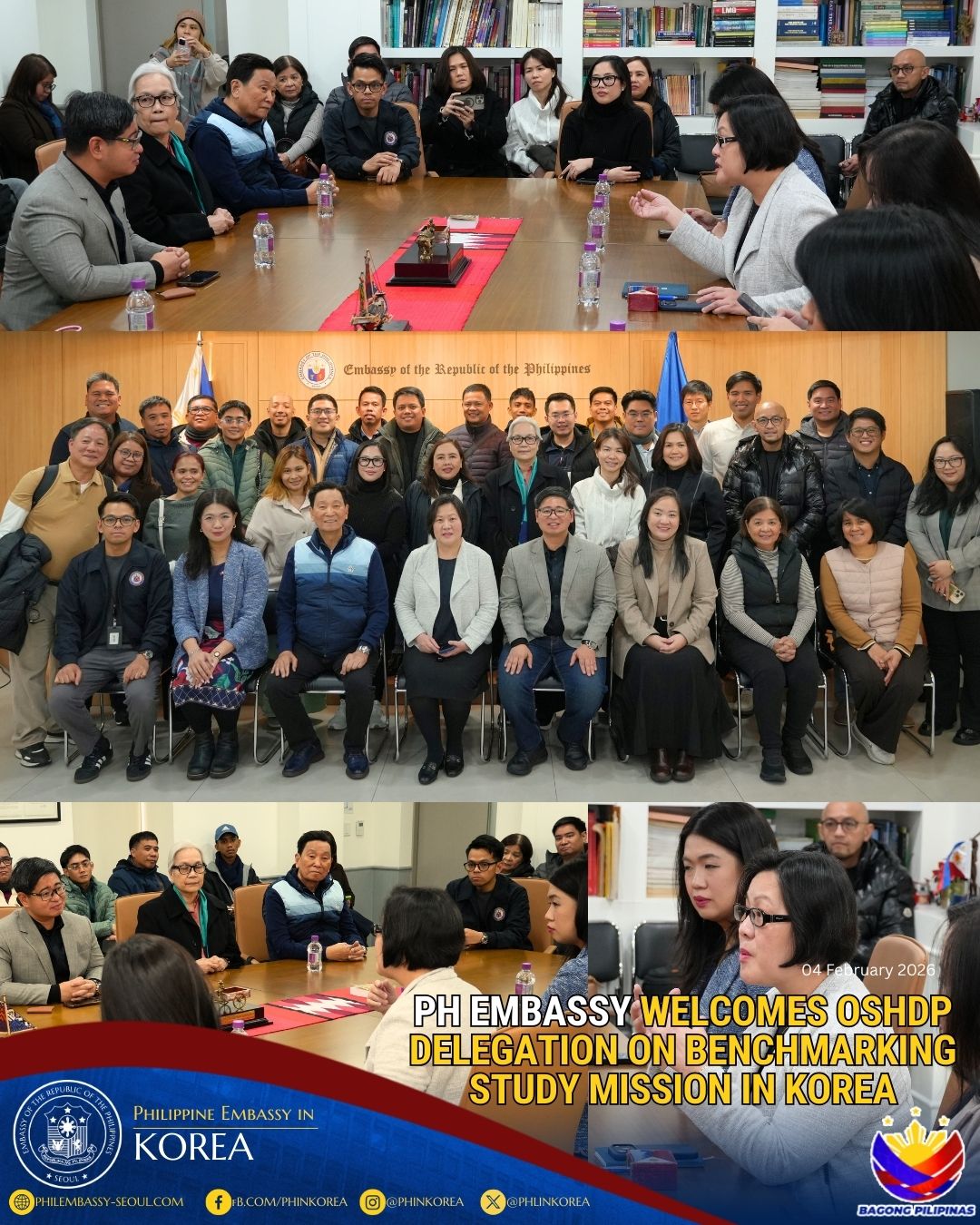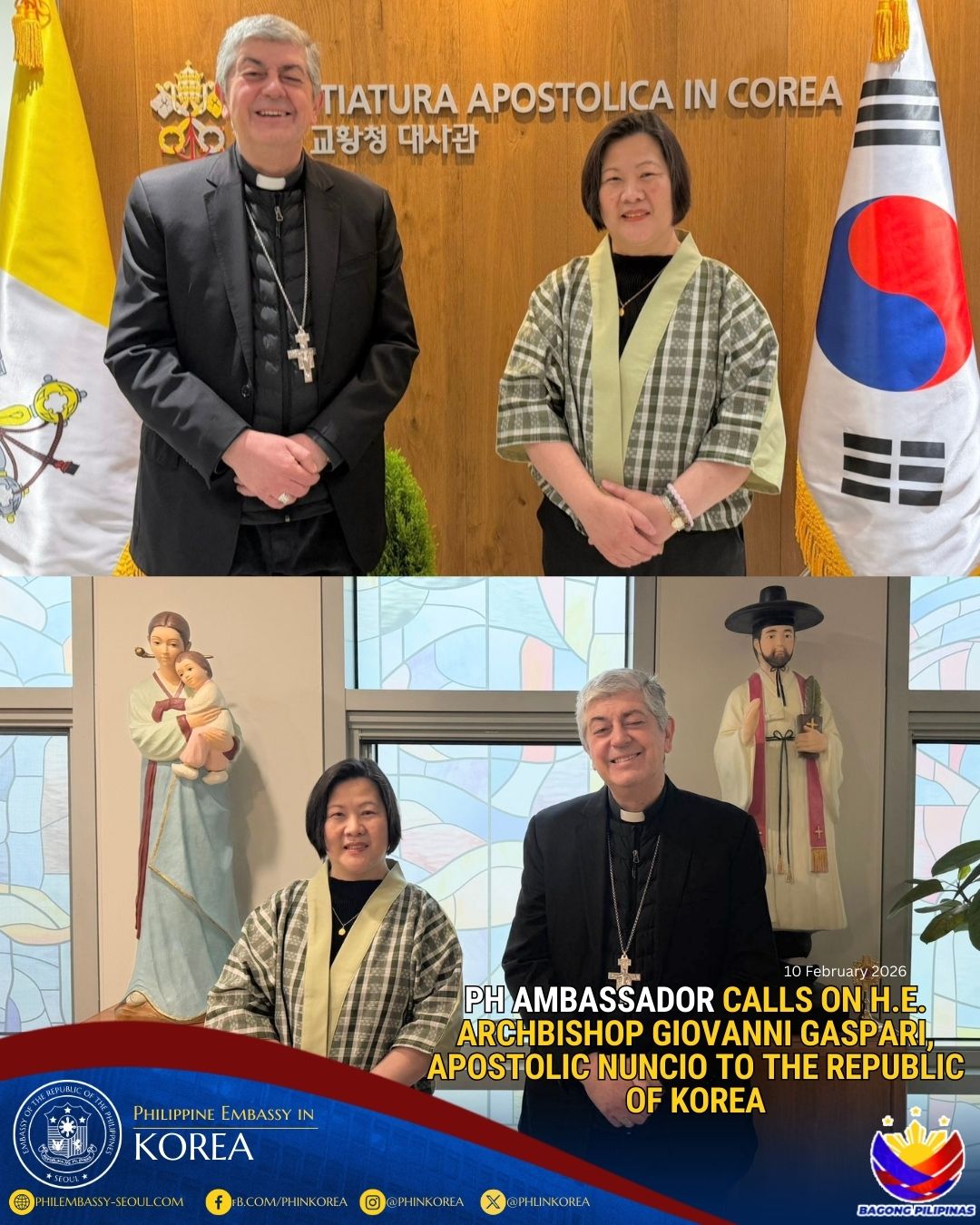Philippines Resumes Registration for EPS Language Test
The Philippine Overseas Employment Administration (POEA) will resume registering Filipino workers who want to work in South Korea under the Employment Permit System (EPS).
POEA Administrator Jennifer Jardin-Manalili announced that the agency will register applicants for the sixth EPS-Korean Language Test (KLT) from April 6 to 8 in Cebu, Metro Manila, Davao, Pampanga and Baguio. The language test was originally scheduled to be held in the Philippines by the Human Resource Development Service of Korea (HRD Korea) last January but it was postponed due to implementation issues. Manalili said the POEA and HRD Korea have ironed out the issues regarding the implementation of the EPS and that the examination dates will be announced on March 29. HRD Korea is the new agency accredited by the Korean government to conduct the language test. Passing the language test is required for Filipinos to be included on the roster of jobseekers from which Korean employers can choose from. POEA said jobs in South Korea's manufacturing industry are only available for qualified applicants for now. Filipino workers with active status in the POEA online manpower registry as of March 31 this year are qualified to register for the KLT. The application fee for the test was also reduced to $17 from $30. "Applicants must be able to meet the minimum qualification requirements before being allowed to take the KLT," the POEA said in its announcement. Each applicant has to meet the following requirements: must be younger than 38-years-old, have at least one year of work experience and have valid documents such as a passport. The HRD Korea has also reduced the passing score on the language test to 80 from 120 points. Applicants who have scored 80 points out of the 50 items on reading and listening, and whose scores are in the top 3,000 will be included on the roster of jobseekers. Manalili, however, said, "Being on the roster of pre-qualified applicants, however, is not a guarantee for employment as employers will have specific job requirements in hiring their workers." POEA said more than 21,000 Filipino workers have worked in South Korea under the EPS since August 2004. The basic monthly salary for a foreign EPS worker in South Korea is about $904, the agency said.


 February 15, 2026
February 15, 2026
 February 15, 2026
February 15, 2026
 February 08, 2026
February 08, 2026
